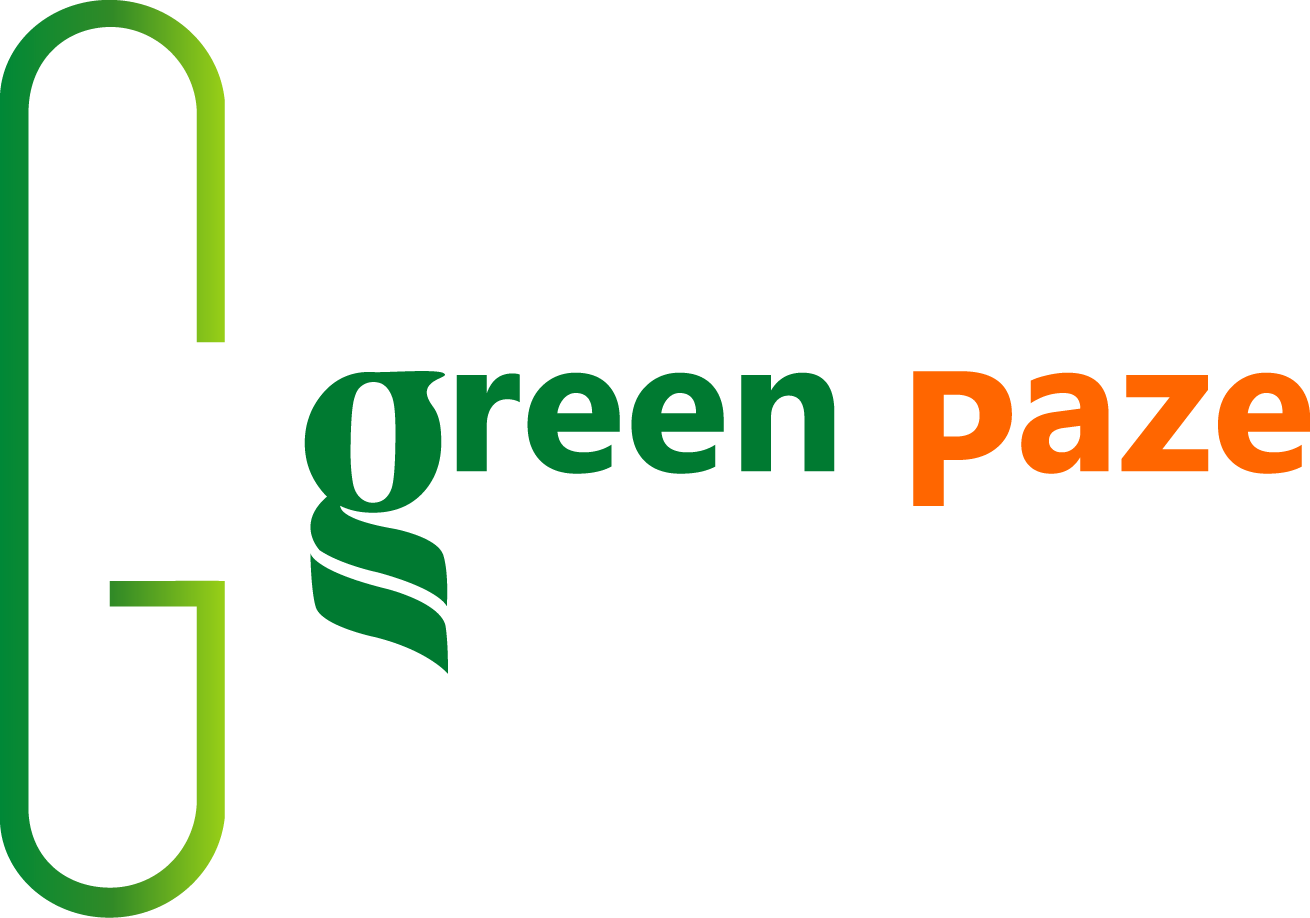Alcohol is a double-edged sword when it comes to fitness. On the one hand, alcohol can be a calorie-dense liquid that can help you meet your nutritional needs in the correct way. On the other hand, however, alcohol can be an expensive vice that can wreck your training and your diet.
Do you drink alcohol? You may be under the impression that it doesn't affect your fitness goals. Of course, if you drink responsibly then that's fine. But what if you drink more than you should? Alcohol can cause a lot of problems for all people, particularly those who are looking to build muscle, from slowing down your metabolism to making you gain fat. This blog looks at three of the most common ways that it affects your fitness, and how you can change your drinking habits to improve your fitness and build muscle.
Alcohol Affects Your Metabolism, Performance, and Muscle Growth
How does alcohol affect your metabolism, your performance, and your muscle growth? For the most part, your metabolism doesn’t change much when you drink alcohol. What does change, however, is the way that your body processes certain nutrients.
That’s because alcohol increases your resting metabolism by about 25%. This is why it’s so important to drink plenty of water when you’re drinking alcohol.
However, this is not the only reason why drinking alcohol can have such a big impact on your muscle growth.
Alcohol also has a direct impact on your muscle-building process. This article will explore the most common mechanisms by which alcohol can affect muscle growth and performance.
1. Metabolism
Drinking alcohol increase the basal metabolic rate (BMR) by about 25%. What this means is that you burn slightly fewer calories while you’re not doing anything. Also, your body expends slightly more calories while you’re doing regular activities, like walking or sleeping.
The huge downside of drinking alcohol, however, is that it makes it harder to eat enough to support your muscle growth. As a result, you’re more likely to put on fat while you’re on your cutting cycle.
So, the most common side effects of drinking alcohol are a decrease in muscle growth and an increase in body fat.
2. Muscle Growth
Is alcohol bad for muscle growth? how much does alcohol affect muscle growth? Many people wonder if drinking alcohol will affect their muscle growth. The simple answer is, “yes.” Alcohol does lower testosterone levels in both men and women. This often leads to lower testosterone: cortisol ratio, which is associated with a lower muscle growth response. Darla Leal, a Master Fitness Trainer, has presented and made a stunning pair on how alcohol can impair muscle growth and fitness levels?

Photo Credited To:issaonline.com
And of course, that decrease in testosterone also lowers libido, which can also have a big impact on your muscle building.
But let’s be clear, most men don’t care about having a lower testosterone level. And even if they did, they could always take a few extra Advil or drink some Gatorade to make up for the decrease in testosterone.
What’s more important is that alcohol inhibits protein synthesis. This happens because alcohol turns your insulin into sugar. And when insulin turns into sugar, it can’t send signals to your body to increase protein synthesis.
If you want to build muscle, you need to have a process where your body can use glucose as an energy source. And that requires that your body continue to send signals to your muscle cells to tell them to build proteins.
So, drinking alcohol reduces your muscle growth by inhibiting protein synthesis.
3. Performance
This is a bit of a controversial topic. Some people claim that drinking alcohol won’t affect your performance at all. Other people, however, say that their performance is diminished when they drink alcohol. Drinking alcohol negatively affects performance by reducing muscle recovery after a workout and increasing the amount of damage that the muscles sustain during a workout.
Most people’s performance, though, doesn’t really get much worse after they drink alcohol. There are several factors that come into play that have a bigger impact on your performance.
First of all, alcohol is a stress on your body. It’s a stimulant, so it causes the release of stress hormones like cortisol and adrenaline.
These hormones are quite catabolic. They’re hormones that tell your body to break down muscle tissue to free up the energy needed to fight off the stress of the alcohol.
That’s why after you drink alcohol, your body has fewer resources available to build muscle.
Alcoholic Substitutes: The Drink that Achieves Your Fitness Goals
Those who want to keep fit, go to the gym, do Yoga, and are quite health conscious but are accustomed to drinking a small amount of alcohol may be wondering if their health is going to deteriorate. For the sake of good health, you have to give up alcohol, but you can definitely think of alternatives. You can enjoy a satisfying beverage that tastes similar to alcohol without the negative effects.
Studies show that non-alcoholic beer, for instance, can actually help you achieve your fitness targets. Maybe you have observed many Olympians downing an alcohol-free beer in the Olympic village.
Studies show that athletes who drank nonalcoholic beer every day had a reduced threat of upper respiratory infection and inflammation. They also stayed well-hydrated.
It’s no taradiddle that numerous of the properties of your favorite alcoholic drinks have health benefits as well. But the alcohol part of it has too numerous negative side effects.
Non-alcoholic backups take good effects like phenols and antioxidants that can reduce inflammation and might reduce cancer threats, out of alcohol.
So, alcohol and fitness are not that great together. But nonalcoholic potables might actually help you achieve your fitness goals.
We’ll cheer for that!
You May Like








2 Comments
Good post
ReplyDeleteThanks
Delete